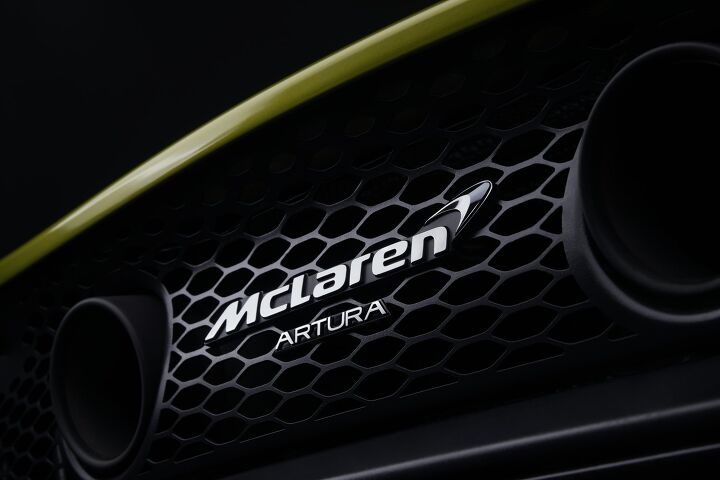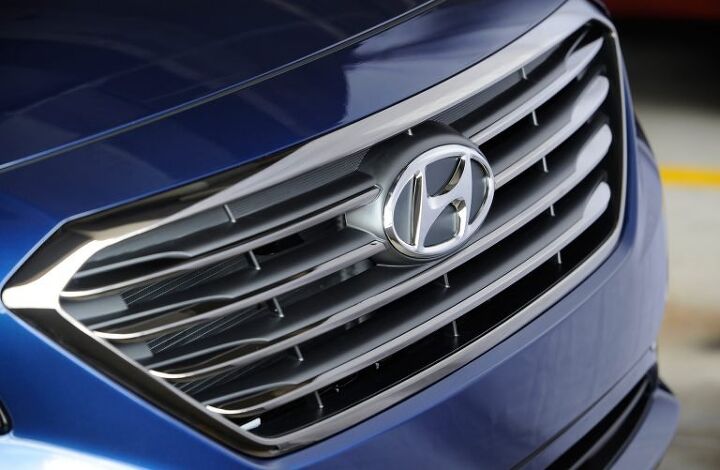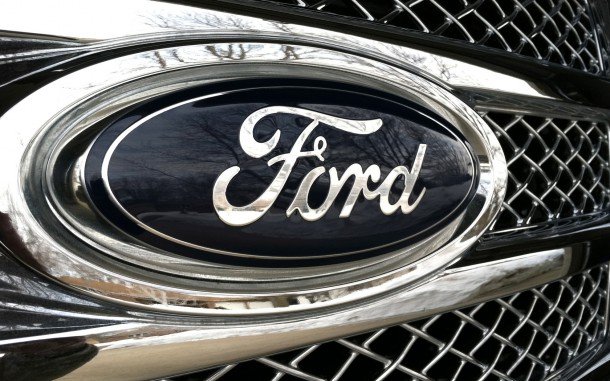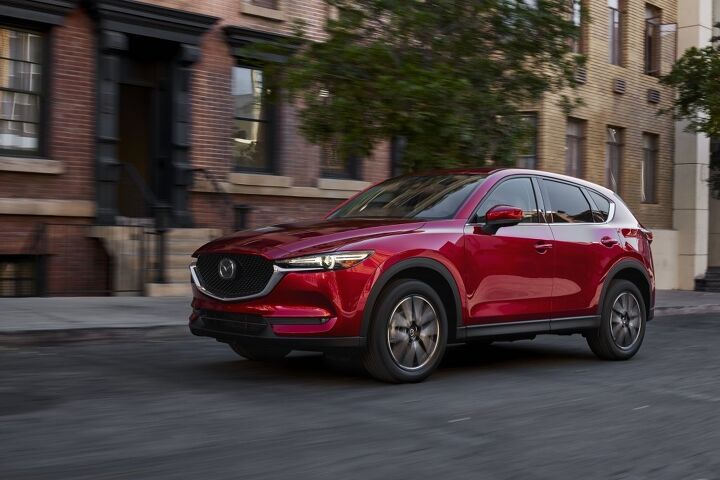#staff
McLaren CEO Mike Flewitt Leaving the Supercar Business
McLaren Automotive CEO Mike Flewitt will be stepping down after spending eight years at his post. The supercar manufacturer has stated that it’s already in search of his replacement, though that will be just one of several issues it needs to square away.
While Flewitt oversaw the brand’s impressive global expansion efforts and push to integrate new technologies needed for a broader product lineup, McLaren is still reeling from work stoppages done in response to the COVID-19 pandemic. Financial concerns have since encouraged the company to scale back its involvement in Formula One so it could prioritize its own survival, saving jobs wherever possible.
Hyundai Absconds With Another BMW Employee
Hyundai has snagged itself another high-profile BMW veteran. Last time it was Albert Biermann, dynamics wizard and former head of BMW’s M line. This time it’s Fayez Abdul Rahman, BMW’s former head of M Equipment, M sport packages, and M performance vehicles.
Whereas Biermann is currently serving as Hyundai Group’s vice president in charge of performance and high-performance vehicle development for the group, Rahman will focus specifically on Genesis vehicles. He previously led concept and platform development for numerous model lines at BMW — including the X Series, 7 Series sedan, and various M brand vehicles.
At Hyundai, he’ll be responsible for doubling the size of Genesis’ fleet by 2020, via the gradual inclusion of crossovers.
Department Heads Spin as Ford Swaps Management Roles
Ford is restructuring its upper management for the second time since former CEO Mark Fields took permanent leave of the company. Now in the top executive slot, Jim Hackett wants to continue tweaking staff in order to “improve efficiencies” and reshape the automaker in an image more appetizing to investors and potential buyers.
Hackett’s initial culling served to streamline the corporate hierarchy into something more manageable. The more recent shakeup, announced Tuesday, appears to be more of the same — leaving some with additional duties as Ford attempts to realign its global strategy.
Mazda Appoints Chief Marketing Officer in Upmarket Push
Mazda’s North American Operations has named Dino Bernacchi as its chief marketing officer, a position created specifically to aid the automaker in establishing itself as a premium brand.
The manufacturer has taken steps to ditch its economical heritage for nearly a year as it pushes upmarket. Model redesigns have followed a cohesive, sleek trend while the company zeroes in on a future “premium, pricey model” to secure its new identity.
Until then, image is everything for Mazda. The brand doesn’t seem interested in swapping over to a luxury-focused lineup or changing its production philosophy. While Mazda had what was arguably the most aesthetically appealing booth at the New York auto show (even if Porsche and Volvo had the better snacks), most of its vehicles still start below $25,000.



















Recent Comments